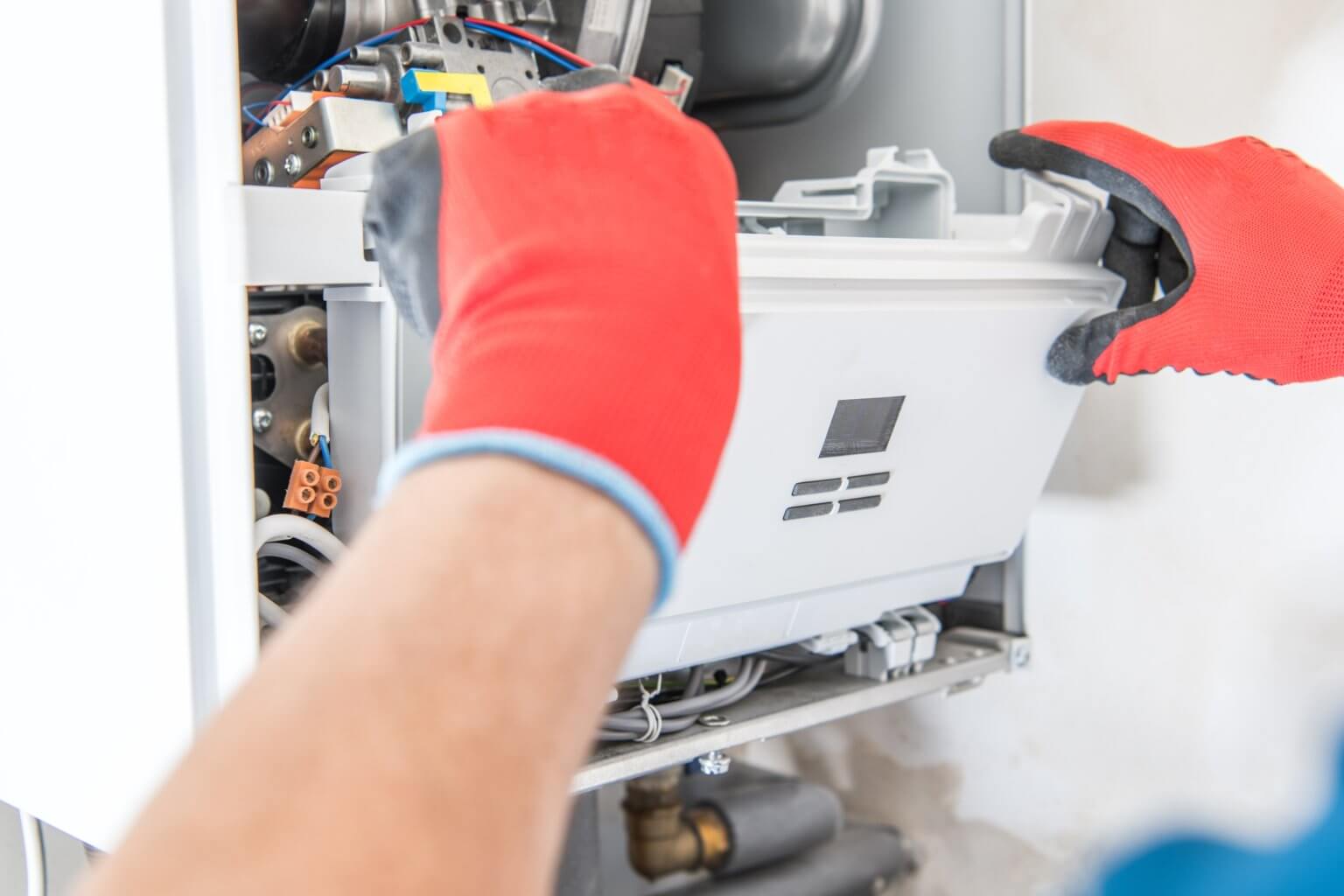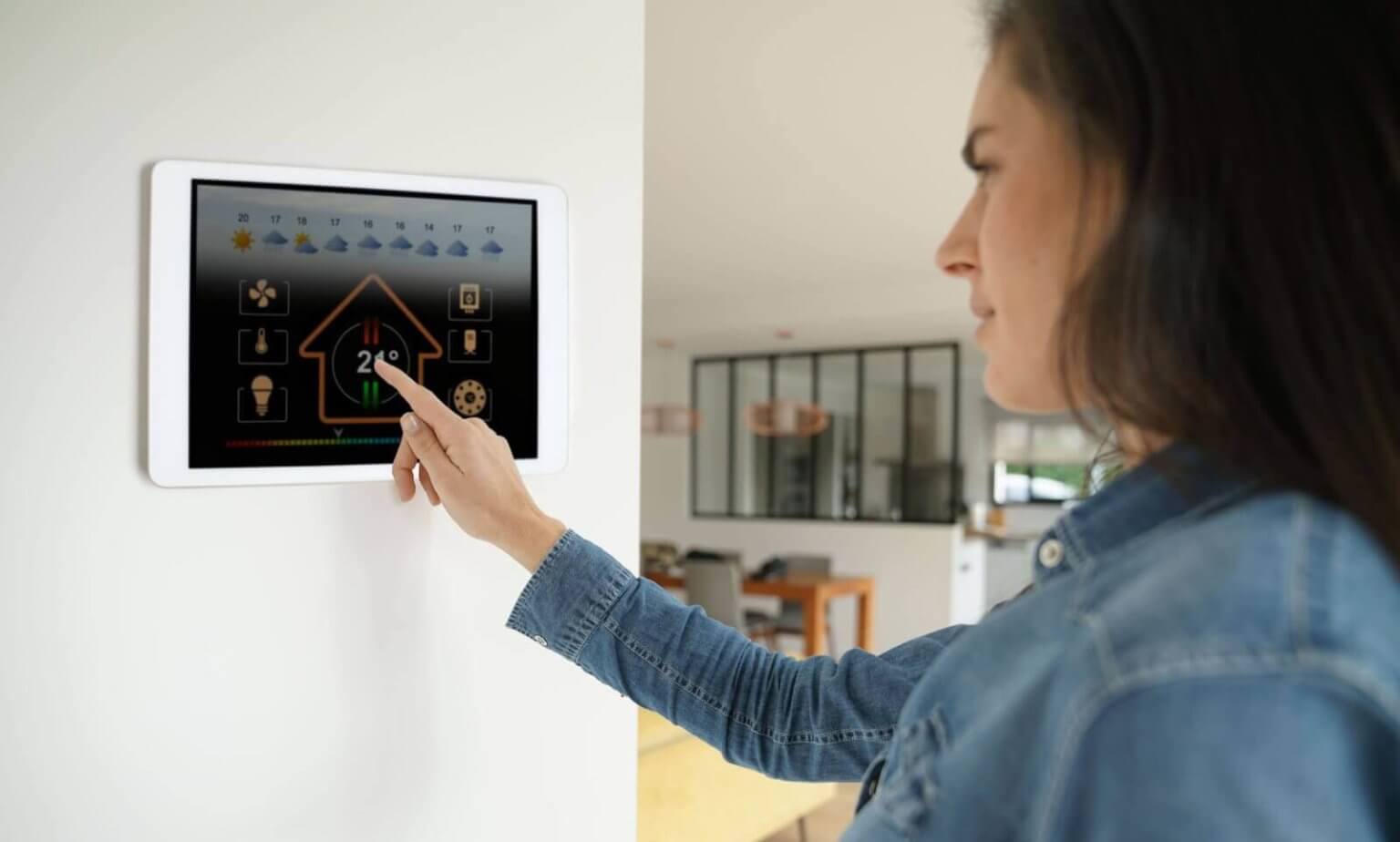The $5000 Rule for HVAC: A Comprehensive Guide to Smart System Investments
Introduction
In today's world, smart investments in home systems can save you a lot of money and hassle in the long run. One area that often gets overlooked is HVAC (Heating, Ventilation, and Air Conditioning) systems. The $5000 Rule for HVAC serves as a guideline for homeowners and property managers to make informed decisions when investing in their heating and cooling systems. This article will delve into the intricacies of this rule, why it matters, and how to apply it effectively.
The $5000 Rule for HVAC: A Comprehensive Guide to Smart System Investments
Understanding the $5000 Rule involves recognizing that any HVAC-related investment should ideally not exceed 5% of your home's total value. For instance, if your home is valued at $200,000, spending around $10,000 on a new system might be justifiable; however, if you approach the upper limit without considering other factors like energy efficiency or maintenance costs, you could end up overspending.
What is the $5000 Rule?
The $5000 Rule serves as a budgeting tool when planning HVAC investments. It encourages homeowners to think critically about how much they’re willing to invest based on their property's value. This rule helps ensure that expenditures remain proportional and sensible.
Why Invest in an HVAC System?
Investing in an efficient HVAC system can lead to significant savings on energy bills, increased property value, and improved indoor air quality. Not only does this enhance comfort but also contributes positively to your well-being.
Benefits of Following the $5000 Rule
Factors Influencing Your Decision
Several factors come into play when deciding on an HVAC investment:
- Home Size: Larger homes may require more extensive systems.
- Local Climate: Extreme climates might necessitate more robust solutions.
- Existing Infrastructure: Older homes may face different challenges compared to newer constructions.
Understanding Your Home's Value
Assessing Property Worth
Before making any investment, understanding your home's market value is crucial. You can leverage online tools or consult local real estate agents for accurate assessments.
The Importance of Property Appraisals
A professional appraisal can give you a clearer picture of your home's worth—this forms the basis for applying the $5000 Rule effectively.
Choosing the Right HVAC Contractor
Qualities to Look For
Finding a reliable HVAC contractor is vital for ensuring that your investment pays off:
- Experience: Look for contractors with extensive experience in the field.
- Certifications: Ensure they hold necessary licenses and certifications.
- Customer Reviews: Research customer feedback online to gauge satisfaction levels.
Questions to Ask Potential Contractors
When interviewing potential contractors, ask them:
Energy Efficiency Considerations
Importance of Energy-Efficient Systems
Energy-efficient systems may have higher upfront costs but can lead to substantial savings over time through reduced utility bills.
Understanding SEER Ratings
SEER (Seasonal Energy Efficiency Ratio) measures cooling efficiency; higher ratings indicate better performance and lower energy costs.
| SEER Rating | Efficiency Level | Estimated Savings | |-------------|------------------|-------------------| | 13 | Minimum Standard | Baseline | | 16 | Good | 20% savings | | 20+ | Excellent | 40% savings |
Maintenance Costs vs Initial Investment
Long-term Cost Analysis
While initial investments are essential, considering yearly maintenance costs is equally critical for assessing overall expenditure related to your HVAC system.
DIY vs Professional Maintenance
While some maintenance tasks can be performed by homeowners (like changing filters), others should be left to professionals—especially when it comes to complex systems.
Signs Your HVAC Needs Replacement
It's important to recognize when it's time for an upgrade rather than pouring money into repairs:
Financing Your Investment Wisely
Understanding Financing Options
If sticking strictly within the confines of the $5000 Rule proves challenging due to high costs associated with modern systems, explore financing options such as:
- Personal loans
- Home equity lines of credit
- Manufacturer financing programs
Each option has its pros and cons; evaluating what works best for you is essential before proceeding.
Exploring Different Types of Systems
Central Air Conditioning vs Ductless Systems
Central air conditioning units typically provide even temperature distribution throughout larger homes but involve ductwork installation costs.

Ductless mini-split systems offer flexibility by allowing zoned heating/cooling but may have higher upfront prices per unit installed.
| System Type | Pros | Cons | |---------------------|--------------------------------|----------------------------------| | Central AC | Even cooling | Requires ductwork | | Ductless | Flexible zoning | Higher per-unit cost |
Evaluating Smart Thermostats
Advantages of Smart Thermostats
Adding smart thermostats can enhance energy efficiency by Click for more info optimizing temperature settings based on user habits—potentially saving up to 10%-15% annually on heating/cooling bills!

Popular Brands Worth Considering:
- Nest Learning Thermostat
- Ecobee SmartThermostat
- Honeywell Home T9
Common Myths About HVAC Systems
Let's debunk some myths surrounding HVAC investments:
- Truth: An oversized system leads to inefficiencies.
- Truth: Older units require regular checks too!
- Truth: It disrupts airflow and increases pressure!
Seasonal Considerations When Investing in HVAC
Investing during peak seasons often means inflated prices; consider seasonal trends before making your purchase decision! Off-season purchases usually yield better deals.
Evaluating Return On Investment (ROI)
When contemplating whether or not certain upgrades will pay off long-term via increased home value—or reduced utility bills—calculating ROI becomes pivotal!
For example: If a new system costs $10k but saves you $1200/year on utilities: [ \textROI = \frac\textAnnual Savings\textInvestment \times 100] [ \textROI = \frac120010000 \times 100 = 12\%]
Anything above 8% generally indicates good returns!
FAQs About The $5000 Rule for HVAC Investments
- Stay within 5% of your home’s total appraised value when upgrading or installing new units.
- Yes! Unique circumstances like climate or specific health needs might warrant additional spending beyond standard guidelines.
- Research local reviews online; seek referrals from friends/family who’ve recently upgraded their systems themselves!
- Assess repair costs versus replacement options; sometimes investing immediately makes sense!
- Many utilities incentivize energy-efficient upgrades through rebates; check with them directly!
6 . Is it worth investing in smart technology?
- Absolutely! Enhanced control translates directly into lower monthly bills while improving comfort levels throughout your home!
Conclusion
Navigating the complexities involved with HVAC investments doesn’t have to be daunting! By adhering closely alongside The $5000 Rule for HVAC: A Comprehensive Guide to Smart System Investments outlined here today—you’ll ensure wise spending decisions while maximizing both comfort & efficiency levels inside your living spaces! Remember—when unsure about next steps always consult with experienced professionals like certified HVAC contractors who can help guide choices tailored specifically towards individual properties’ unique attributes!